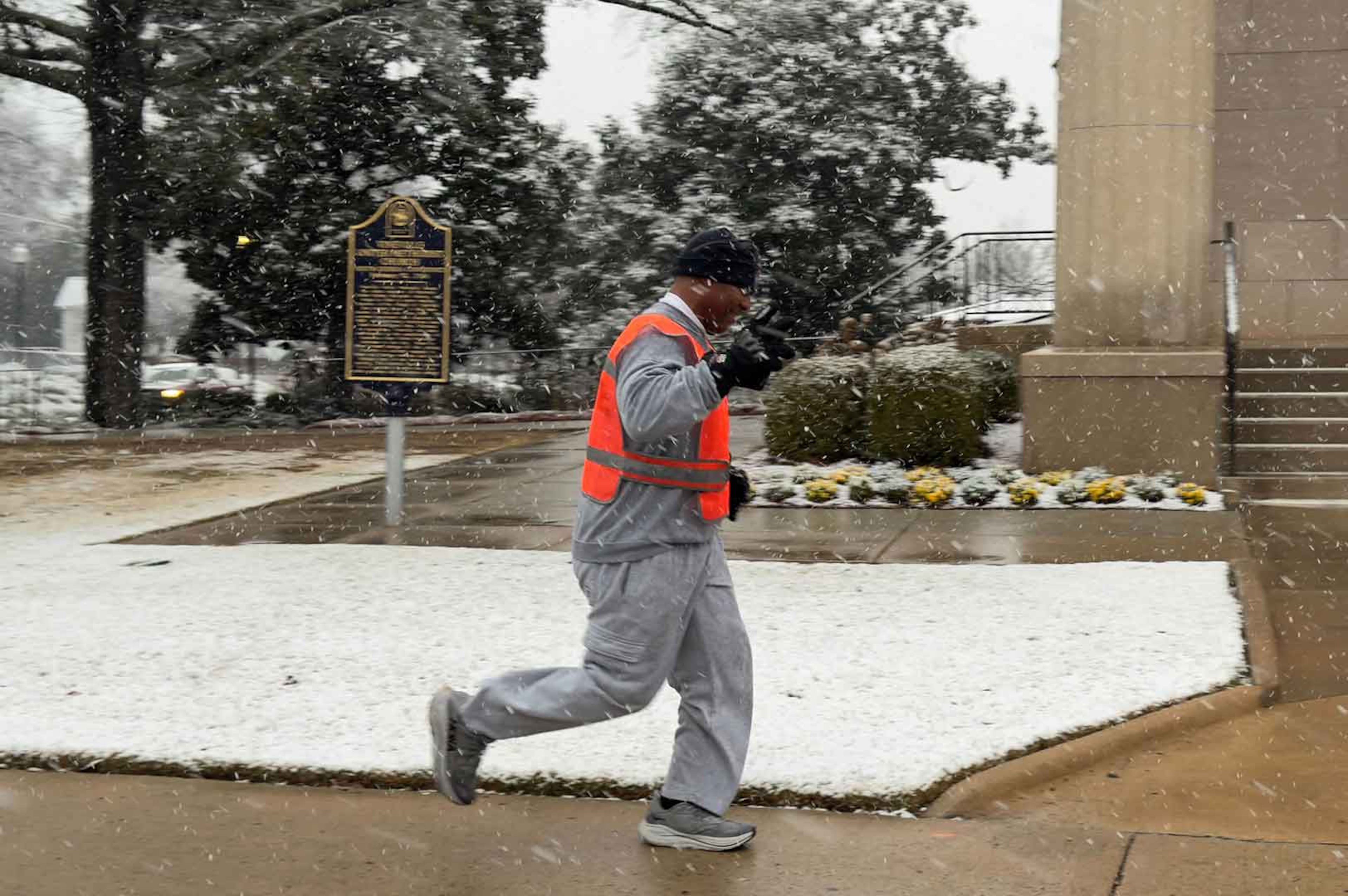Atlanta City Council asks state to ban citizens’ arrest

The Atlanta City Council has officially requested that the state outlaw the ability of private citizens to make arrests if they see another person they suspect of committing a crime.
Since the American Civil War, the State of Georgia has allowed citizens' arrests.
According to current the law: “A private person may arrest an offender if the offense is committed in his presence or within his immediate knowledge. If the offense is a felony and the offender is escaping or attempting to escape, a private person may arrest him upon reasonable and probable grounds of suspicion.”
But the council’s resolution, approved by a 14-1 vote last week, says that too often those with racial and cultural biases have used the provision to detain and kill Black people.
It cites the 2019 death of a 62 year-old Black man, Kenneth Herring, “who was killed after he was involved in a minor fender-bender" in Clayton County.
And the resolution refers to the more recent death of 25-year old Ahmaud Arbery, who was shot and killed in February while jogging through a predominantly white neighborhood, an incident that was caught on video and sparked large demonstrations.
Councilwoman Andrea Boone told The Atlanta Journal-Constitution that local residents have urged city leaders to speak out against the state’s citizens arrest law. She called it antiquated.
“I think it was necessary that we make a statement,” Boone said.
Buckhead Councilman Howard Shook provided the lone vote against the measure.
“I wish we were in an environment were I can support this measure,” Shook said. “But we are not.”
Buckhead business owners suffered between $10 and $15 million property damage according one estimate during demonstrations this year over the Minneapolis police killing of George Floyd in May.


